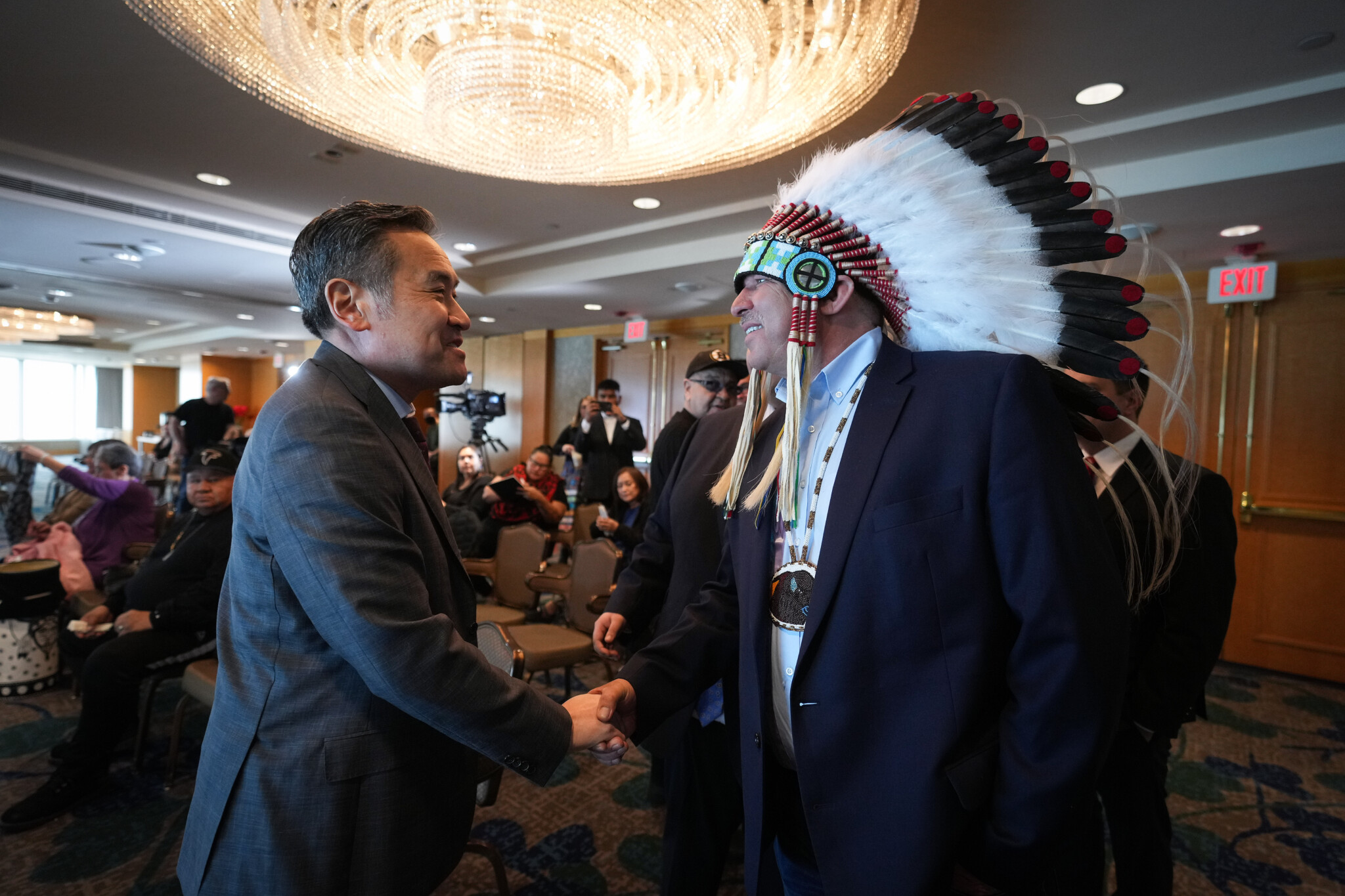One of the consequences of Donald Trump’s looming presence in last month’s election campaign is that he overshadowed issues that should have gotten more attention.
Indigenous policy is a good example. Indigenous people still face tremendous socio-economic and governance challenges, and yet there was little discussion or debate about how to address them.
It would be wrong, however, to assume that there were no positive signs on this file. If was one prepared to look, the campaign highlighted the growing multi-party consensus forming around the role of public policy to support Indigenous communities becoming full partners in major resource projects. These efforts are already contributing to community-level empowerment and wealth creation that has the potential to fundamentally change Indigenous participation in Canada’s economy.
Developing Canada’s rich resource endowment—including critical minerals, oil and gas, and clean energy—necessarily implicates Indigenous communities. There are currently 504 major resource projects valued at about $633 billion planned across the country over the next decade. Most intersect with Indigenous territories.
Jurisprudence in recent decades has granted the affected communities a body of powers and rights over these territories, including a duty to be consulted and accommodated in the conception and development of resource projects.
Herein lies the opportunity for economic reconciliation. It’s rooted in the inuititive yet radical idea that we have a collective interest in using Canada’s natural resources to generate wealth and opportunity for Indigenous communities. Think of it as an alignment of Canada’s economic interests and our moral obligation for reconciliation.
Economic reconciliation isn’t, it must be emphasized, about presupposing that every community will support every resource project. Indigenous views on resource development are predictably as complex and nuanced as any others in big and diverse country. But if communities ultimately opt to exercise their hard-fought legal rights by supporting projects, it’s about ensuring that the programs and policies are in place so they can be true partners in the long-run upside.
Fulfilling this vision involves a role for public policy. Long-standing legal and institutional barriers impede communities’ ability to access traditional sources of capital. The Alberta government’s pathbreaking Alberta Indigenous Opportunities Corporation is a good example. It’s playing a key enabling role for communities to acquire equity in projects.
The promising news is that not only has the federal government taken steps to establish a similar program, but both the Liberals and Conservatives committed during the election campaign to preserve and strengthen it. We now, in effect, have a political consensus in favour of using public policy to unlock resource wealth for Indigenous communities.
There are a lot of organizations and voices that deserve credit for these developments. Few, however, are more important than my friend Niilo Edwards, who helped to establish the First Nations Major Project Coalition in 2017 with the goal of changing the narrative about Indigenous participation in natural resource development.
Edwards and his colleagues diligently challenged the idea that Indigenous people were instinctively opposed to resource development and instead advocated for programs and policies that let communities make judgments about projects based on their own interests and preferences. Where they opted to support projects, the coalition, which has grown from 11 members in British Columbia to 170 across the country, sought to ensure that support was in place such that the projects would lead to meaningful improvements for today’s community members and future ones.
Edwards sadly passed away last year, but his legacy lies in the burgeoning evidence of economic reconciliation. One proof point is the growing market significance of Aboriginal Economic Development Corporations, which typically serve as the economic and business development arms of First Nations, Métis, or Inuit governments. The are now more than 500 such economic development corporations across the country with hundreds of millions in assets and rising. Not only do they have the potential to transform their communities, but some of them may eventually reach market capitalizations that would put them among the largest companies in the country.
This progress isn’t a substitute for addressing the deeper legal and institutional challenges holding Indigenous people back. Economic reconciliation is complementary to a broader vision of reconciliation in that sense. But to the extent that it can ensure that Indigenous communities have greater economic sovereignty and future generations aren’t condemned to poverty and hopelessness, it’s difficult to overstate the magnitude of the opportunity before us.
Canada’s history is marked by its shameful treatment of Indigenous people. We have a collective responsibility to ensure that the future is different. These steps towards economic reconciliation are putting us on the path to that better future. The election campaign’s multi-partisan consensus in favour of these developments is a positive sign that politics won’t knock us off it.
This article is made possible by RBC and readers like you. Donate today.










